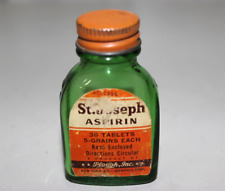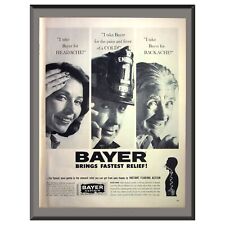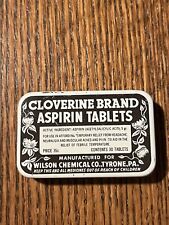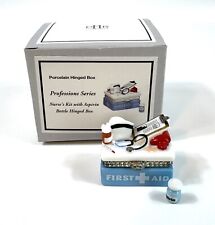
In a new study, regular aspirin use (defined as once or more per week) was shown to be “significantly” associated with a higher risk of neovascular age-related macular degeneration (AMD), a leading cause of blindness in older people. Importantly, the new findings, published in JAMA Internal Medicine, appear to be independent of a history of cardiovascular disease and smoking.
The new findings may prove to be something of a conundrum for medicos, as aspirin is commonly used in the prevention of cardiovascular disease – such as heart attack and ischemic stroke – in the elderly.
The study was based on an analysis of data from Australian reseacrh that included four examinations during a 15-year period. Of 2,389 participants, 257 individuals (11 percent) were regular aspirin users.
The results showed that the cumulative incidence of neovascular AMD among non-regular aspirin users was 0.8 percent at five years, 1.6 percent at 10 years, and 3.7 percent at 15 years. Among regular aspirin users, the incidence was 1.9 percent at five years, 7 percent at 10 years and 9.3 percent at 15 years.
“Regular aspirin use was significantly associated with an increased incidence of neovascular AMD,” noted study author Gerald Liew, of the University of Sydney, Australia. He adds that any decision concerning whether to stop aspirin therapy is “complex and needs to be individualized.”
“Currently, there is insufficient evidence to recommend changing clinical practice, except perhaps in patients with strong risk factors for neovascular AMD [e.g., existing late AMD in the fellow eye] in whom it may be appropriate to raise the potentially small risk of incident neovascular AMD with long-term aspirin therapy,” Liew concluded.
Related:
Discuss this article in our forum
Virus linked to macular degeneration
Antibiotic oomph: the eyes have it
Flexible Electronics Melded With Contact Lens Creates Bionic Eye


















Comments are closed.